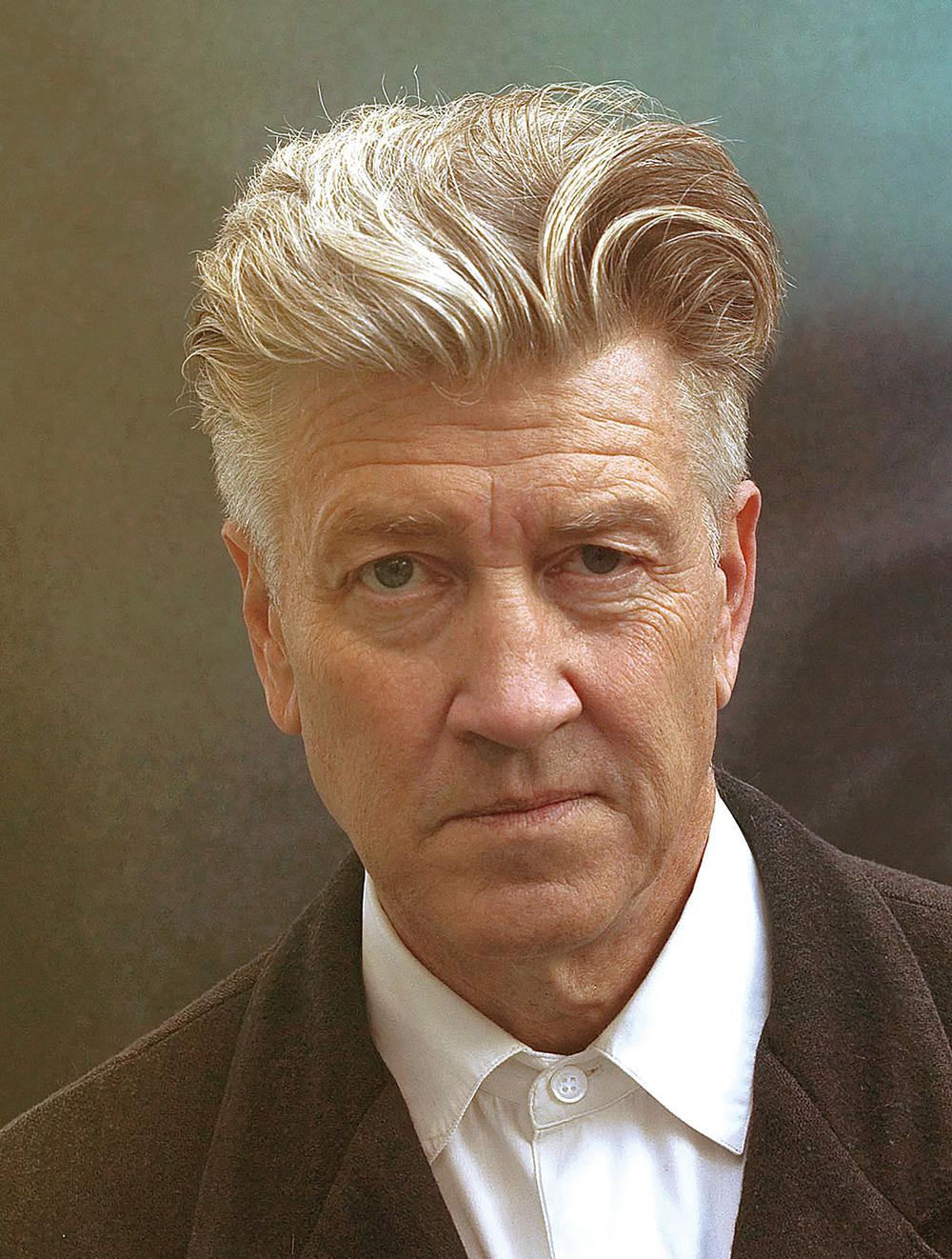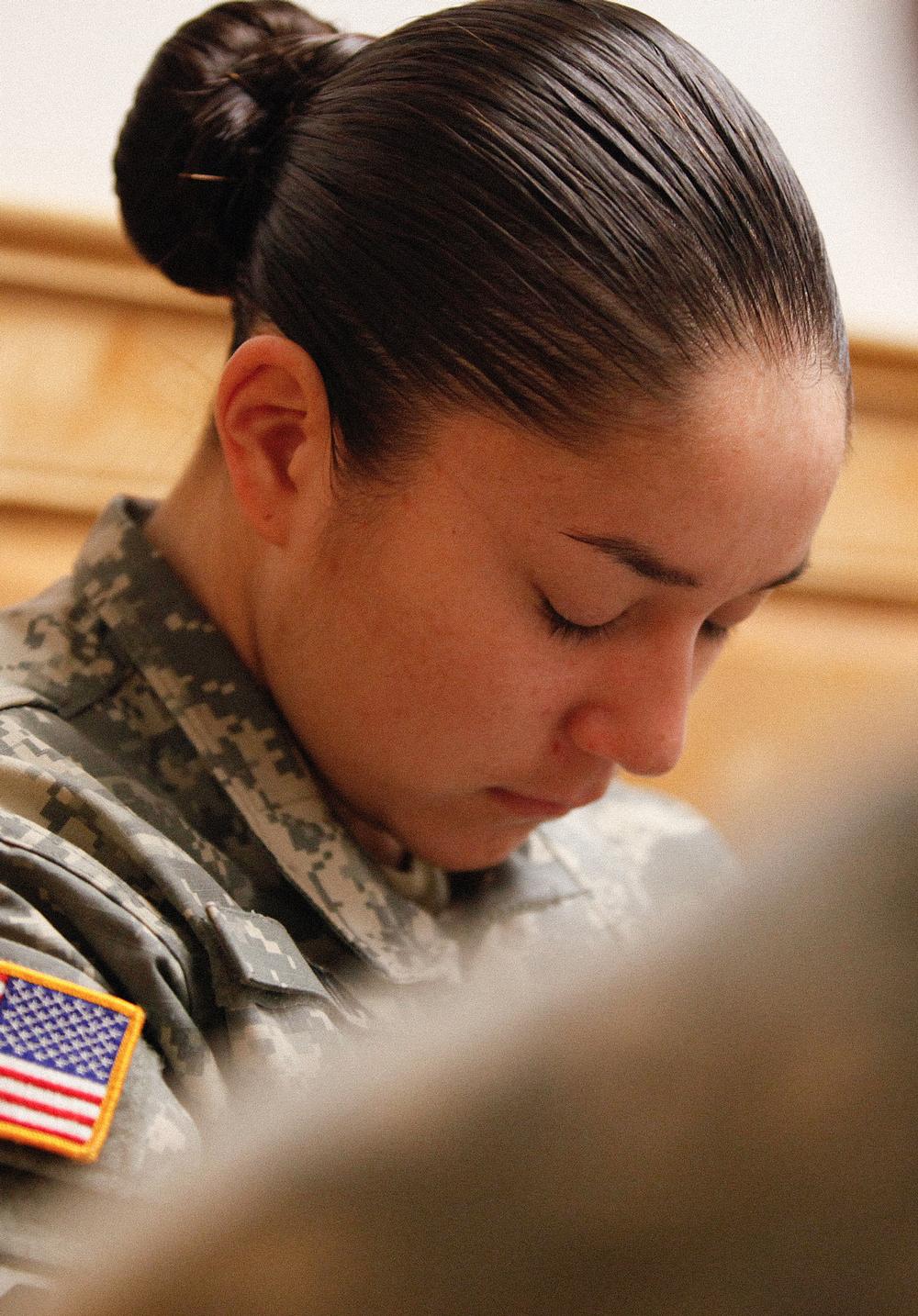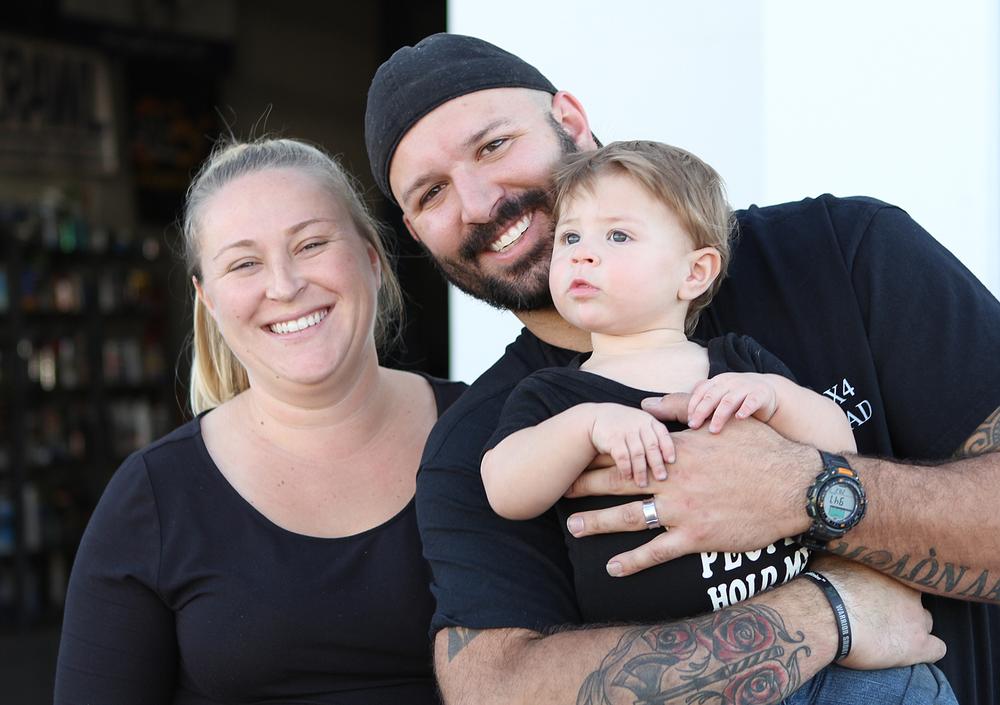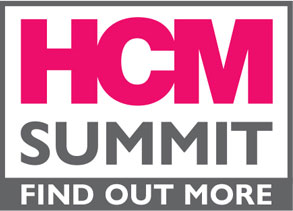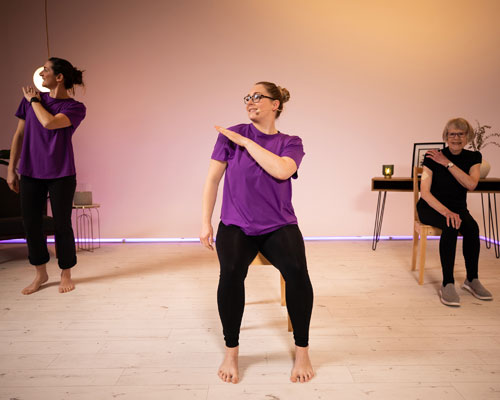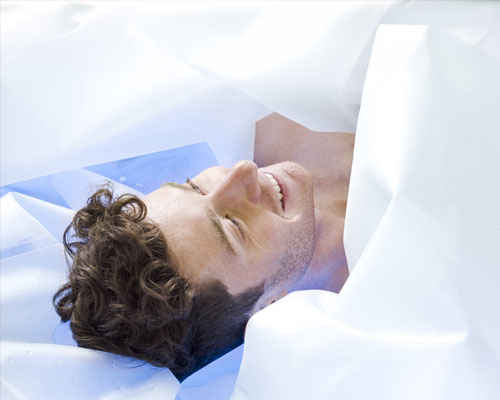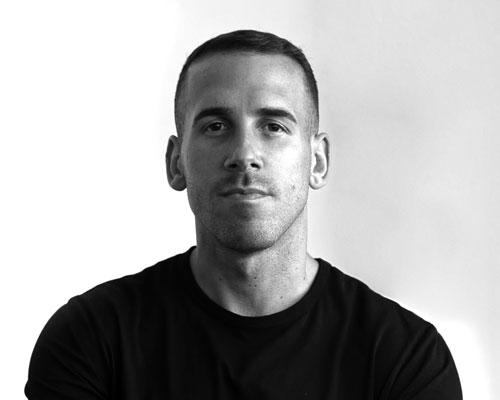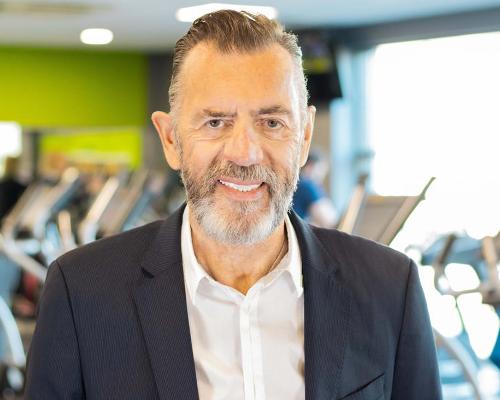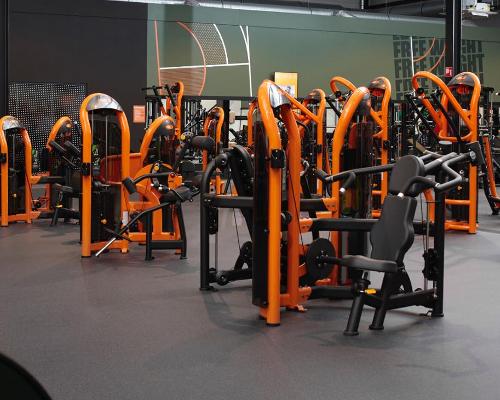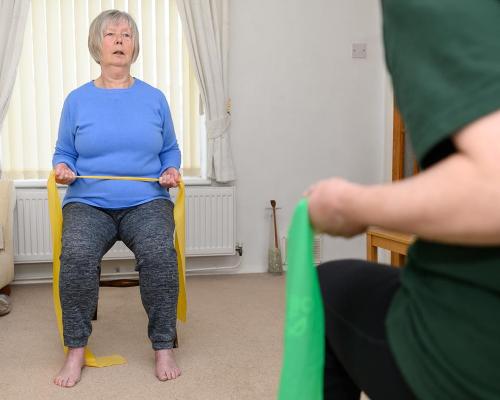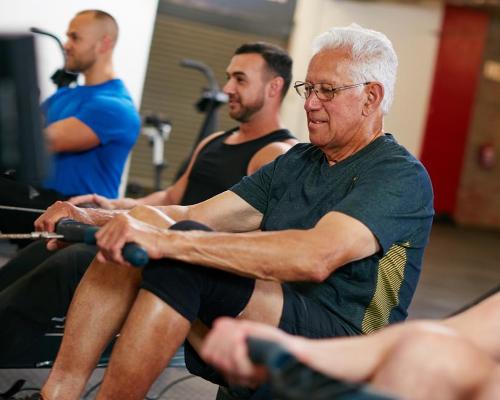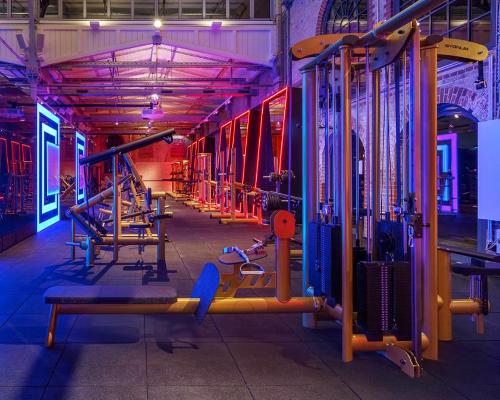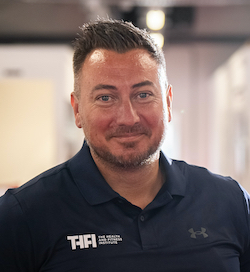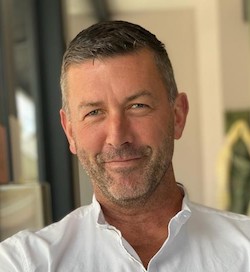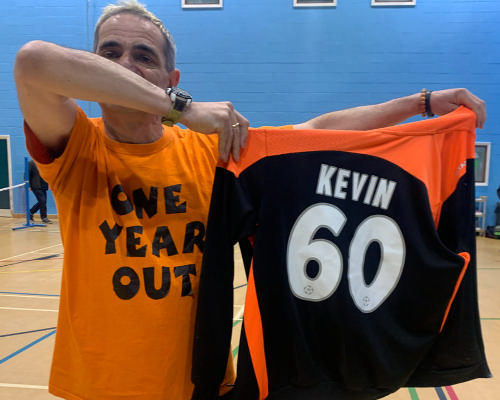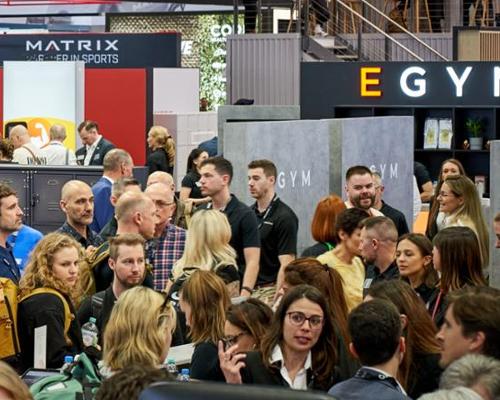features
Mind-body: All in the mind
The David Lynch Foundation helps people overcome extreme stress by using the power of meditation. Its goal is to touch 100 million lives in the next decade. Julie Cramer talks to co-founder Bob Roth to find out more
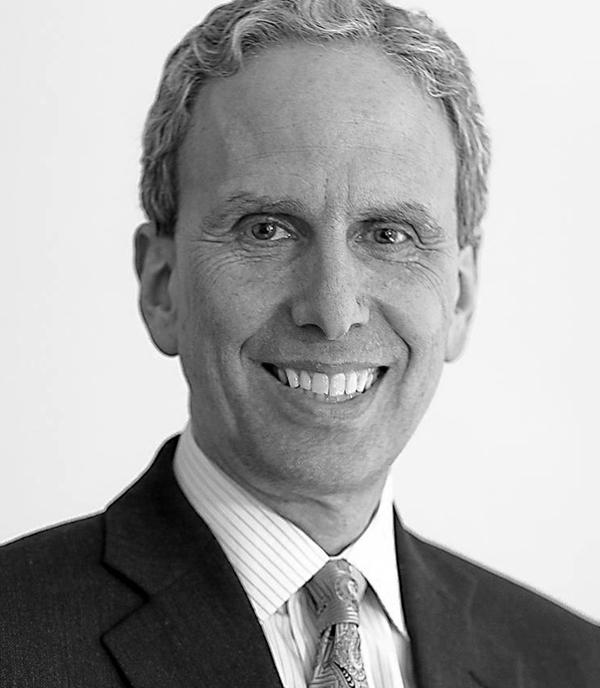
David Lynch is at the centre of much media attention of late, as he starts filming a conclusion to cult TV series Twin Peaks after a 25-year break. The US director is famous for his surrealist style in films such as The Elephant Man, Mulholland Drive and Eraserhead. What many people may not know, however, is that he’s also a firm believer in the beneficial power of transcendental meditation.
He explains: “I started transcendental meditation in 1973 and have not missed a single meditation ever since. Twice a day, every day. It has given me effortless access to unlimited reserves of energy, creativity and happiness deep within.”
After a chance meeting with fellow practitioner Bob Roth a decade ago, the pair started the David Lynch Foundation and have since helped hundreds of thousands of at-risk people using this form of meditation.
Here Roth, the co-founder and executive director of the foundation, talks about its aim to help 100 million people in the next decade.
What’s the main purpose of the David Lynch Foundation?
We’re a non-profit organisation founded in 2005 by the film director David Lynch, dedicated to making transcendental meditation (TM) accessible to many different areas of the population.
In the beginning, our focus was on helping at-risk children in low-income urban schools cope with the extreme stresses they were facing. In less than 10 years, we’ve touched the lives of more than 500,000 students.
Over time, our work has spread to a wider range of people, from the homeless to victims of domestic violence, war veterans with post-traumatic stress disorder and HIV/AIDS sufferers.
How did you meet David Lynch?
I was organising a TM conference and Lynch, who had been practising TM for around 30 years, was invited to attend.
He heard the horror stories about at-risk youth – of kids who witnessed and experienced domestic violence and gangland shootings and were then expected to go to school and learn algebra. The idea of the foundation was born from this meeting and we created it soon after.
How does TM differ from other forms of meditation?
According to science, there are three basic approaches to meditation. The first is called ‘focused attention’, where you attempt to actively control your thoughts, clear your mind, or focus on your breath. This produces the gamma brainwaves that are associated with peak concentration.
The second is ‘open monitoring’, which includes many mindfulness techniques – you learn to observe your thoughts or emotions dispassionately. This produces theta brainwaves, which are very slow and present during the REM stages of sleep.
Third is ‘automatic self transcending’, which is transcendental meditation, where you learn to effortlessly transcend conscious thinking to achieve a profound state of calm, of inner wakefulness. It’s like diving underneath a choppy ocean to the calm waters beneath. In this state, deeply relaxing alpha brainwaves are present.
Because of its simplicity and naturalness, TM is the easiest to learn – even a 10-year-old can practise it.
What are the benefits of TM?
In a society where there’s an epidemic of stress, TM helps people achieve a profound state of rest at will. It’s been shown to instantly drop cortisol levels by 30 per cent, which is more than we get from a good night’s sleep. There’s also evidence that TM reduces high blood pressure as effectively as anti-hypertensive medication; that it reduces cholesterol, atherosclerosis and risk of stroke; and reduces anxiety, depression and insomnia.
Research also indicates that TM improves memory, creativity and problem solving. It wakes up the brain!
How did you first discover TM?
I was at the University of Berkeley in California, US, in the 1960s. It was a time of riots, strikes and anti-war demos. Students were being shot and tanks were parked outside.
I wasn’t a hippie or a druggie, but I was looking for a natural way to overcome the intense pressures of going to school full-time, working full-time and dealing with the social upheaval all around me. A good friend who I trusted suggested I try TM. I’m a naturally sceptical person, but my friend was a no-nonsense kind of person so I decided to give it a go.
Its effect on me was immediate and profound. I experienced a state of rest and relaxation I never knew I could gain. My mind cleared up, I had so much energy and my grades soared.
I knew I’d discovered something really special and I knew I wanted to teach this to inner city kids.
Did you always want to teach?
Actually no. I was heading for a career in politics – I had worked for senator Robert Kennedy during his 1968 presidential primary campaign. But after he was assassinated, and the more I learnt about politics, the more I saw corruption and greed.
So I switched my focus to education. Along the way, I learned to meditate and in 1972 I attended a teacher-training course by TM founder Maharishi Mahesh Yogi in Europe with 2,000 others.
I returned to San Francisco and started to teach the technique to inner city kids, Death Row inmates and people in the business world at companies like Apple and General Motors.
How do you teach TM?
Well, it can’t be taught to a crowd of 50 people. It works best when it’s taught individually over four consecutive days, for an hour at a time. The first session must be one-to-one with a teacher, while subsequent sessions can be in smaller groups. If we’re going into a school with 3,000 kids, we might initially send in 25 teachers so each and every child gets an individual first hour.
How has your work helped people?
There are so many transformational stories. There’s one about a young girl who arrived at school with red paint splattered all over her dress. The teacher told her she had to go home and change – until it transpired that the little girl had just witnessed the shooting of her uncle and those red stains were his blood. She’d run to school for a safe haven, and because she didn’t want to miss her TM class.
Then there’s the war veteran mother who returned to her family from active service and was unable to sleep for three months. All she was offered was a handful of pills that didn’t work. She learned TM and within a few days she was able to sleep through the night – and she still continues to sleep through the night now, four months after learning to meditate. And the best thing, she says, is that her children got a loving mother back.
Has meditation and mindfulness now entered the mainstream?
Yes, for sure. I speak regularly about TM at business and medical conferences including the Google Zeitgeist Conference, which is attended by the top innovative thinkers. We’re also offering the technique at Wall Street companies. In the 40 years of my practising and teaching TM, it’s really only in the last one to two years that I’ve seen a huge spike in interest.
There could be many reasons for this, but ultimately I think it’s the huge amount of scientific research which shows that meditation benefits the mind and body. People today are plagued by anxiety, depression and insomnia. Their lives are simply unsustainable. Until now, the answer has mostly been medication like anti-depressants, which only mask the symptoms. We want people to self-meditate, not self-medicate.
What are the foundation’s goals?
We have ambitious, but very do-able, plans to bring TM to 100 million people around the world in the next 10 years. It’s a huge task but we think we can do it. We’re in discussions with the UN and are talking to NGOs all over the world.
TM is already taught in over 100 countries, so all the channels and systems are in place. The foundation also has a branch in the UK. We want to reach more at-risk populations and work with international thought leaders to spread the teaching of meditation.
We’re actively recruiting new TM teachers at college job fairs and we’re particularly interested in graduates with a masters in education or public health.
How do you see TM developing?
More companies are switching on to its value for their employees and their health. It can save them so much by reducing their healthcare costs as well as lowering absenteeism.
We’ve taught 400 employees at Oprah Winfrey’s company and all 200 employees at Dr Oz’s TV production company and, as I said, top Wall Street firms. Some companies are even installing meditation rooms.
In the schools where we deliver TM, it’s been shown to improve both academic performance and behaviour. It’s even had an impact on obesity levels as children reduce stress-related eating.
How could health and fitness clubs latch onto this?
Of course, exercise and good nutrition are obvious essential aspects of a healthy regimen, but it’s also clear that there’s a key mental component that must not be overlooked.
Increasingly, health-conscious people are starting to turn to transcendental meditation as an effective way to not only calm their anxious thoughts, but also to clear their minds and to literally wake up their brains.
Health clubs that want to capture this fast-growing segment of the population would be wise to incorporate legitimate stress-reducing meditation practices, such as TM, in conjunction with their physical exercise offerings.
For health club operators who want to know more about TM and how they can work with the foundation, email Bob Roth via:
• The David Lynch Foundation website, which can be found at: www.davidlynchfoundation.org
• The non-profit Center for Leadership Performance website – www.tmbusinessnyc.org
This feature first appeared in Spa Business magazine, issue 1 2015
